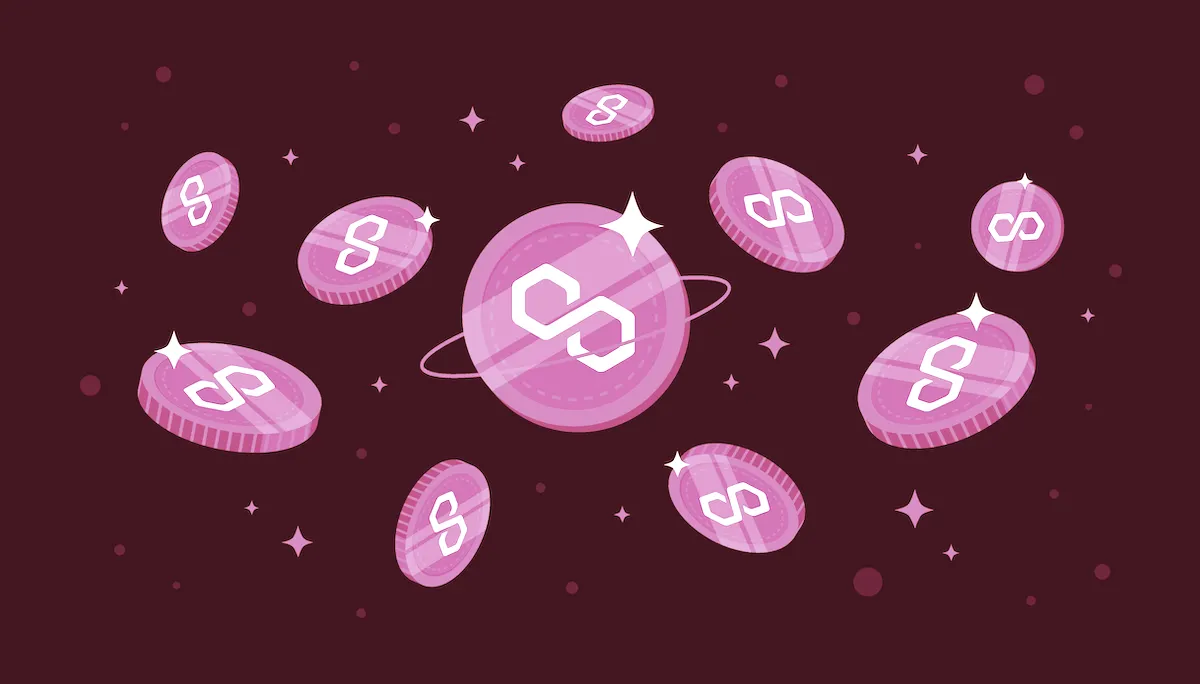While many cryptocurrencies have had a favorable run this month, Polygon’s native token appears poised to close out January as a notable standout.
MATIC is up 19% in the past week to $1.19, according to data from CoinGecko, lifting gains for the token to upwards of 50% in January. This comes as the value of Bitcoin and Ethereum have increased nearly 44% and 38% in the past 30 days, respectively.
At the time of writing, MATIC is the tenth-largest cryptocurrency by market capitalization, with a total value of $10.6 billion.
Polygon is a sidechain that runs in tandem with Ethereum and seeks to improve on its counterpart by offering faster transactions and lower fees and serving as a platform for interoperable blockchains.
As the token undergoes a sustained rally, the pseudonymous Twitter account @lookonchain pointed out one wallet address that achieved sizable returns with MATIC.
The Polygon whale received 4 million MATIC from cryptocurrency exchange Binance in September 2020 for around $84,000 or just over 2 cents per token. Two days ago, the wallet parted with its MATIC holdings for $5.2 million worth of stablecoins, according to Etherscan.
Even though the sale included more MATIC than the wallet’s initial purchase from Binance, the trader still saw a return of around 50 times the original price that it paid on the 4 million MATIC, worth around $4.5 million or $1.14 per token at the time of sale.
However, the recent upswing is far from the token’s peak of $2.92 in December 2021. The token remains nearly 60% down from its all-time high. At its highest price, the 4 million in MATIC bought in 2020 would’ve been worth $11.7 million.
MATIC’s price action comes as Polygon prepares to follow through on an upgrade that was first announced in July last year. Polygon co-founder Sandeep Nailwal recently tweeted that Polygon’s zkEVM update has an official date and will launch soon.
Polygon’s zkEVM is a scaling solution compatible with existing Ethereum smart contracts, which uses the cryptographic method of zero-knowledge proofs to verify large batches of transactions—called rollups—more efficiently.
Zero-knowledge proofs are used in cryptography to prove a statement is true without revealing its contents or the steps taken to establish a given statement as true.
When Polygon announced that it was launching its zkEVM, Mihailo Bjelic, co-founder of Polygon, said the update could put Ethereum on par with global payments processor Visa in terms of how quickly transactions could be processed.
Daily Debrief Newsletter
Start every day with the top news stories right now, plus original features, a podcast, videos and more.

